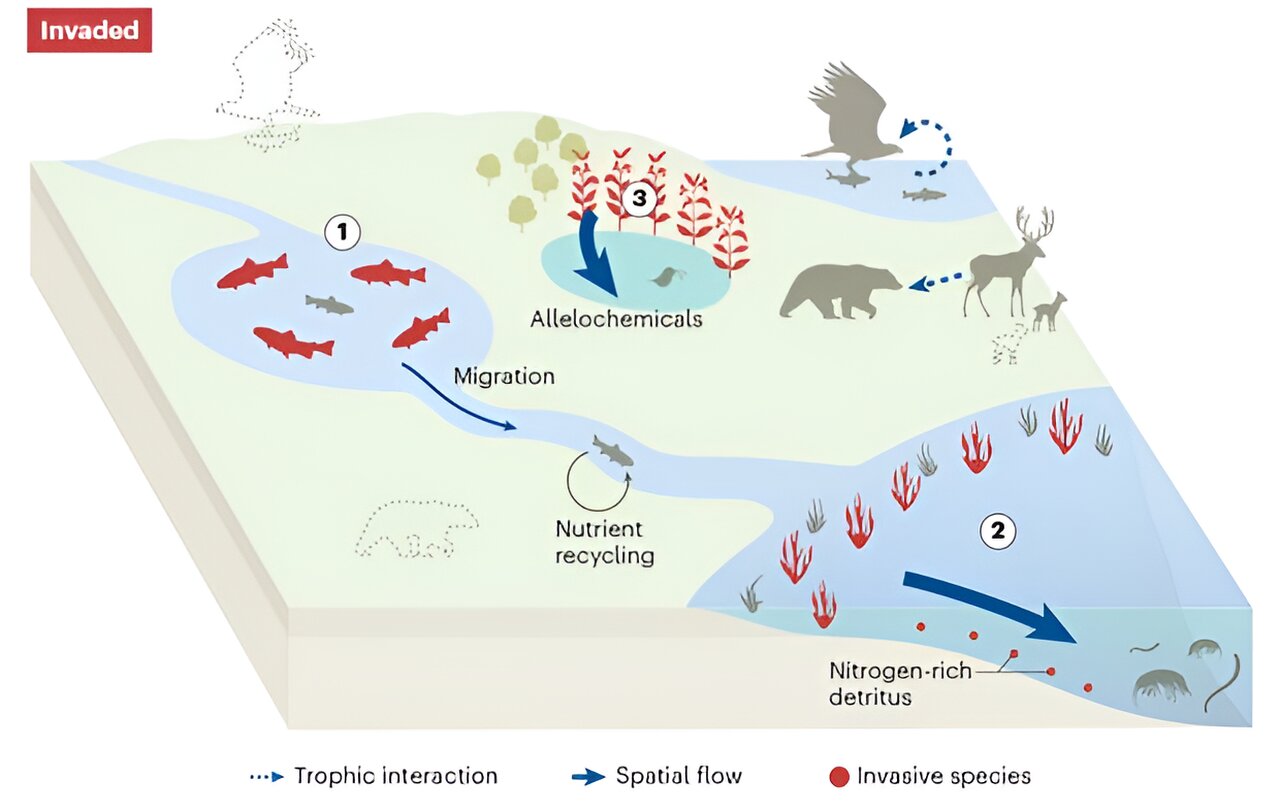
Weekly Programming and Tech Roundup
As we dive into another week, we bring you some of the most significant news impacting the programming landscape as well as technological advancements that are shaping our world. Join us as we explore the intricacies of programming languages, trends in job listings, and environmental concerns that connect to our coding community.
The Easiest and Hardest Programming Languages to Learn
Programming languages have varying levels of complexity. Choosing the right language can heavily influence your learning curve and career prospects. Here’s a breakdown of the hardest and easiest programming languages to kickstart your journey.
Hardest Languages
C++
C++ stands out with its multi-paradigm nature and complex syntax that can be intimidating for beginners. Despite being difficult to master, it remains in demand. Developers may earn an average annual salary of $64,444, according to industry surveys.
 An overview of challenging programming languages.
An overview of challenging programming languages.
Easiest Languages
JavaScript
JavaScript is renowned for its accessibility and usability—essential for web development. With its rich documentation and vibrant community, it continues to reign as a favorite for many budding developers.
Python
Python’s straightforward, English-like syntax attracts many new developers. Its emphasis on readability makes it a top choice for beginners and a valuable language for professionals aiming to upgrade their skills.
Python Surges Ahead on GitHub
In recent reports, Python has overtaken JavaScript as the most popular programming language on GitHub, illustrating the increasing relevance of data science and machine learning. The GitHub Octoverse report highlighted Python’s extensive use in these growing fields, positioning it as a crucial tool for developers worldwide.
With almost one billion contributions made globally to open-source projects, Python’s popularity is likely to expand even further. Developers are building AI models into applications and collaborating on AI projects in record numbers.
A glimpse into GitHub’s developer thriving community.
Economic Insights Relevant to Tech
The U.S. economy is currently showing signs of strength, potentially benefiting tech hiring trends. With a robust consumer spending rate and strong wage gains, there are promising prospects for employment in tech sectors leading up to the elections next month.
- Key observations include:
- Steady growth with consumer spending rising about 3.5% compared to previous quarters.
- Voter sentiments on economic performance could favor certain candidates, impacting policy that affects tech industries.
Snapshot of the current economic landscape.
Ecological Alarm: Invasive Burmese Pythons
Recent studies in Florida reveal that invasive Burmese pythons are severely impacting local wildlife by consuming deer and alligators whole. This alarming behavior showcases the ecological threat posed by the snake population, which has drastically affected native species in Everglades National Park. Researchers are employing telemetry to track the pythons and understand their predation methods.
“Knowing the size of prey that predators can consume facilitates understanding and predicting their ecological impact.”
The evidence of these predation events raises awareness of the significant struggles native wildlife faces against invasive species.
 Understanding the ecological threat of invasive species.
Understanding the ecological threat of invasive species.
Conclusion
This week’s roundup highlights important developments in programming languages, GitHub trends, economic indicators for tech recruitment, and environmental considerations related to invasive species. As technology continues to evolve, remaining informed will help developers adapt and thrive in this dynamic landscape. Stay tuned for next week’s insights!















